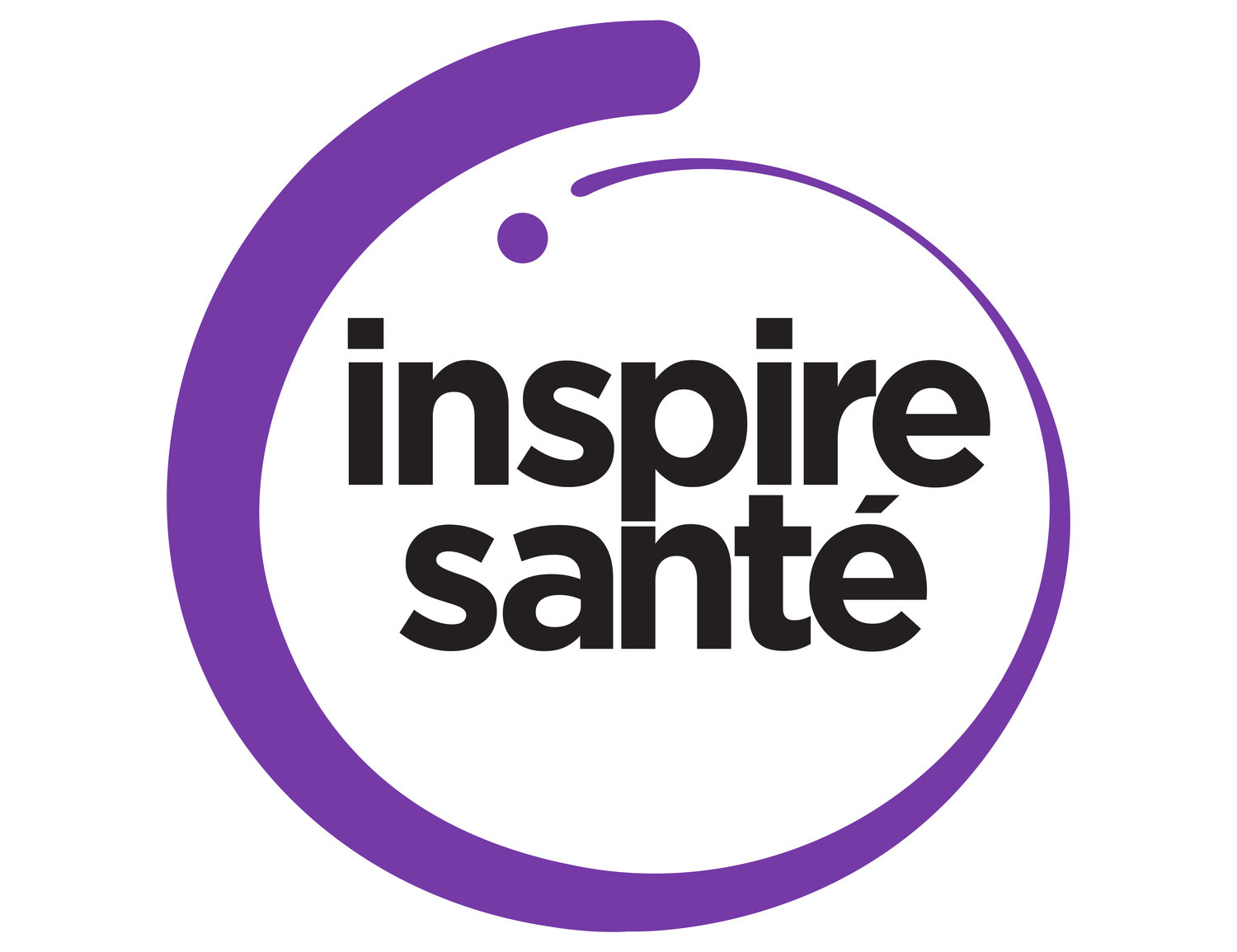When Friendships Fail: How chronic pelvic pain affected my friendships
/This concept felt strange as I first mulled it. It began with a question, posed only to myself: “What distinguishes my current friends from my former friends?” I have changed an enormous amount over the past several years. The details of my life that make me me today would’ve rendered me unrecognizable just three years ago. Few things have changed so dramatically as my friendships, though.
So, what was the impetus for these changes? I battled horrific pelvic pain, and I fought for the health I enjoy today. I fought like hell to change the things about my life that were detracting from my happiness, my health, or my peace. Today, I focus on things that bring me joy.
But it’s not so simple as focusing on joyful things. Much of my joy comes from sharing experiences with friends – both new and old. Except, more often than not, they’re new ones; just a few of the old ones have weathered these changes with me.
While some have loved me for decades, many of my old friends fell away from my life in recent years. Yeah, everyone’s friends change as they “grow up.” But for young people with chronic pain, those changes are amplified – and they suck.
Some of my “disconnections” from friends were unintentional. They weren’t around when I was sick, and they didn’t notice that I wasn’t around. But it’s not like I did anything to help matters. I vanished. I was embarrassed and overwhelmed and didn’t share how vulnerable my illness had made me. They didn’t know how badly I was suffering, and while they may not have checked-in, neither did I.
A few years later, when I recovered, I fully expected these friendships to return to “normal” – now that I was “normal” again.
That blasted word “normal” never means what I think it means.
As I reinitiated these friendships, I realized that I didn’t really want the type of friends who I could just not talk to for a few years. We couldn’t just pick up where we left off, because too much had happened. I’d had to pick up every shattered fragment of my life, and a chasm divided the present from the place where we’d left our friendship years earlier. It wasn’t just me who changed, either; they too were changed by the intervening years, and their new husbands or children were unfamiliar to me. Social encounters were awkward or forced, not warm-and-fuzzy.
One friendship stands out.
We hadn’t spoken for several years but remained Facebook “friends.” She had a baby, I congratulated her, and we started talking again. I was overcome with the rush of having her back in my life. She was rapidly re-anointed with her previous title of My Best Friend.
Our honeymoon lasted a bit before her husband announced that he wanted a divorce. Understandably, her world flipped upside-down and her emotions went off the rails. But that wasn’t the problem: I love this woman, and I felt like our reconnection had graciously been timely enough to allow me to support her through this excruciation. But as we settled into our friend rhythm, I became uneasy. As I nervously prepared for a three-state trip for speaking engagements, my phone rattled incessantly with her calls. I tried returning them when I came up for air, but I couldn’t catch her. I texted her that I loved her and reminded her of my trip; I’d be coming up for air in just a few days!
And I did. When I resurfaced after my trip, I found that she’d de-friended me on social media. I’d received a flurry of messages too, which ranged from desperate to angry. I took a deep breath and fought the urge to call her and “fix it.”
I think a few things were going on: She was in the midst of a crisis – one to which I was also attentive. But then, I had a need that required my focused attention and time. And when that happened, that empathetic and astoundingly kind woman made my inattentiveness to her immediate needs about her. She’s not selfish (to the contrary, she’s so other-oriented that I think she became immediately concerned that she’d done something to upset me), but I hadn’t had the ability or energy to reassure her that it wasn’t about her… because it wasn’t about her. I was focused upon my obligations and one of my most professionally ambitious post-illness undertakings.
Well, that was six months ago. While I miss her deeply, I think we may fundamentally be an ill fit as friends – something that makes me feel profoundly sad.
So what’s the deal? Well, I live my life intentionally focused that which brings me joy. I need room to breathe as much as I need well-timed hugs. Those who comprise my tribe today jive well with those needs. The ebb and flow of our friendships have an effortless, mature, intuitive je ne sais quoi to them.
I own my interpersonal responsibilities and acknowledge my shortcomings. I know that the way I’ve changed has been hard for some of my friends. Not everyone who befriended my overachieving, high-charging self in our twenties had bargained for a kale-growing, vaginal-health-preaching, yogi friend in our thirties. I get it. I changed a lot, and so have my friends.
This is just my story about how chronic illness and its life-altering storms affected my friendships. I’m grateful for those who’ve weathered it with me, and I don’t resent those who didn’t. I love the people in my life today, but I simultaneously wish a few others were among that crowd. It’s an organic and ever-evolving process, this journey of building our family-of-friends, but it’s one that’s made me reflect upon how deeply I’ve changed because of those years in pain. And to those who’ve fallen out of my life: you remain part of my story, and you’re valued and reflected upon with love. Thanks for loving me somewhere along the way.
© 2017 Inspire Santé







